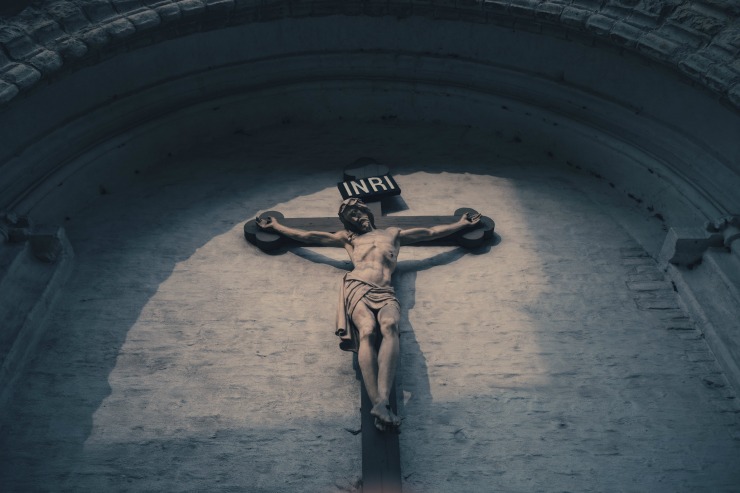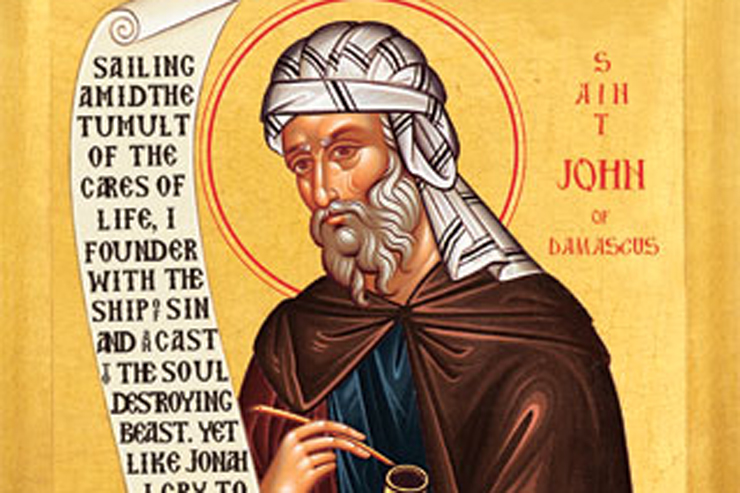That year, I had to go to the back of the church to nurse the baby, so I had a clear view of the front of the church after Father’s homily on Holy Thursday. He invited everyone forward to have their feet washed.
“It’s a gift you give me,” he said, with a look that I had come to recognize. It’s a look of love for each of us and of gratitude for his vocation.
That year, I noticed something: the children were the leaders, the first responders to the generosity of the invitation, and they didn’t hold anything back. They were at the head of the line with open arms, wide smiles, and unabashed enthusiasm.
My six-year-old, who has been asking all year long when this Mass would be (it’s one of her favorites too), leapt up and was first in line. She was followed closely by my ten-year-old niece, who asked to miss her volleyball practice so that she could come to this Mass.
I ended up in the middle of the line, and I couldn’t help but reflect on how awkward I felt standing there. Then, when I was in the chair and Father leaned over to kiss my just-washed foot, I had the same conflicting thoughts I have every year: “Ewww, gross! Awww, how sweet!”
That night, my six-year-old, who related to Daddy in great detail everything about the Mass, from the foot washing to the procession to repose the Blessed Sacrament in the church basement, turned to me suddenly.
“Why did he kiss my foot?” she asked. “That’s GROSS!”
“Yes, it is.”
“Why would he do something so GROSS?”
“He’s showing us that when we love someone, we will even do gross things.”
Parenthood is full of moments of showing love and embracing gross, but I’ve also dealt with it in my role as sister, daughter, and friend. When you love, you serve.
Mary stands as a model for me of serving as loving. When she was asked to bear the Messiah, she said Yes, beginning her service to the world. Upon hearing that her aged cousin Elizabeth was six months pregnant, she dropped everything and traveled the 80 miles. When she saw that the young couple ran out of wine at Cana, she turned to Jesus with complete confidence.
Did Jesus learn his gentle ways from her? Could it be that when he looked the Samaritan woman in the eye, that he saw the scorn his mother must have endured from the people who just saw her as an unwed mother? Was Jesus’ love for us a product, in some way, of the love he saw every day during the hidden years?
Our faith gives us this gift of tangibility, of things we can touch and see and smell. It also gives us the gift of love: the love we give and the love we receive. As we rejoice over Easter, join me in smiling while you do those gross things that show your love.
















